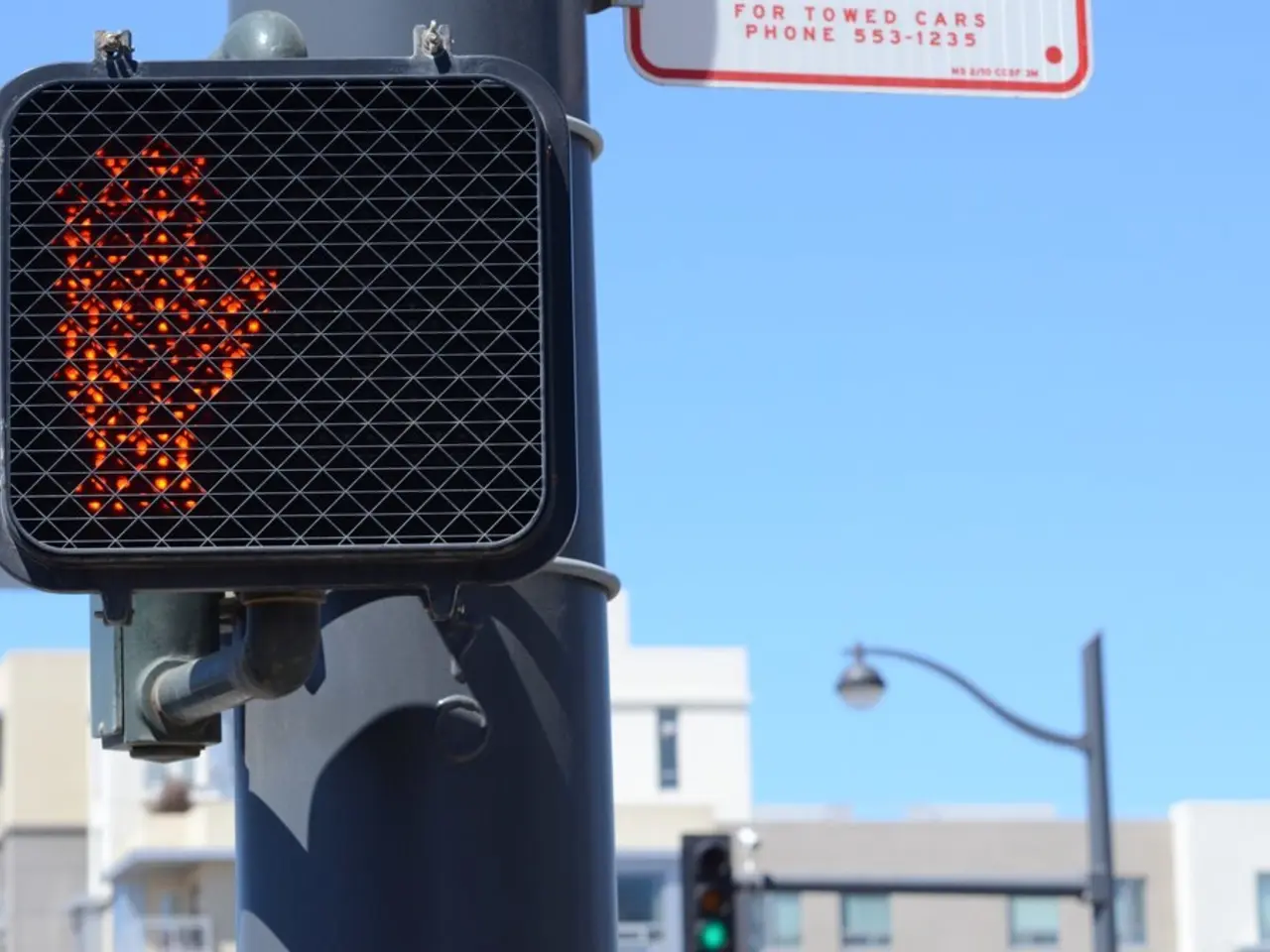South Africa Contemplates Altering Ownership Regulations to Activate Starlink Services
South Africa's regulatory environment for Starlink, Elon Musk's satellite internet service, remains challenging as the company has yet to apply for a telecoms license, contrary to previous claims by Musk. This issue is expected to be raised in President Cyril Ramaphosa's meeting with U.S. President Trump on Wednesday during his visit to Washington.
The regulatory hurdles for Starlink's operation in South Africa are tied to the implementation of the Black Economic Empowerment (BEE) policies. Despite the South African government proposing easing B-BBEE ownership rules for satellite internet providers like Starlink, allowing “equity-equivalent” investments in place of the usual 30% local ownership requirement, Starlink has not yet applied for a license through the Independent Communications Authority of South Africa (ICASA).
Political opposition from parties such as the Economic Freedom Fighters (EFF) and concerns from local astronomers involved with the SKA-Mid telescope project have added to the regulatory challenges. The EFF has threatened legal action if licensing undermines empowerment laws, while the astronomers advocate for strict conditions to restrict Starlink’s radio-frequency interference.
Despite the lack of official licensing, demand for Starlink is strong in South Africa. Thousands of South Africans are accessing Starlink through roaming kits imported from neighboring countries, paying around ZAR 1260 (~USD 70) per month and receiving speeds over 200 Mbps.
The potential outcome of meetings between South African officials and Musk’s team remains uncertain, but the regulatory easing proposal and Starlink’s publicized willingness to invest ZAR 2 billion (USD 113 million) in South Africa if licensed signal ongoing high-level engagement and a push toward negotiation. The government is making regulatory adjustments, and SpaceX appears interested in entering the market, but final approval likely depends on reconciling political, economic empowerment, and scientific concerns.
In contrast, neighboring Lesotho successfully licensed Starlink in April 2025 and launched in June 2025, showing that regulatory hurdles can be overcome in the region but also underlining South Africa’s comparatively slower progress.
As Ramaphosa is in Washington for meetings aimed at repairing U.S.-South Africa relations, the Starlink issue is expected to be discussed in a last-minute meeting between South African officials and Musk’s team scheduled for Tuesday night. This meeting is aimed at finding a path forward for Starlink's operation in South Africa.
The regulatory pushback on Starlink's operation in South Africa is due to the lack of a telecoms license application, and the meeting is a significant step towards addressing this issue. The meeting's outcome could pave the way for Starlink to expand high-speed internet access in underserved areas of South Africa, improving connectivity and digital inclusion for millions of South Africans.
Musk's controversial statements regarding the BEE rules in South Africa, implying that they are racially biased, have added to the controversy surrounding Starlink's entry into the South African market. Foreign telecom firms operating in South Africa are required to sell 30% equity in local units to historically disadvantaged South Africans under BEE laws, a requirement that has been a point of contention for some foreign businesses operating in the country.
In conclusion, the regulatory environment for Starlink in South Africa remains challenging, but the potential for regulatory changes and Starlink's willingness to invest in the country indicate ongoing high-level engagement and a push toward negotiation. The outcome of the meeting between South African officials and Musk’s team scheduled for Tuesday night could pave the way for Starlink to expand high-speed internet access in underserved areas of South Africa, improving connectivity and digital inclusion for millions of South Africans.
- The obstacles facing Starlink's operation in South Africa are linked not only to the lack of a telecoms license but also the implementation of Black Economic Empowerment (BEE) policies, which have been a source of controversy for some foreign businesses operating in the country.
- As technology continues to transform various sectors, including finance and general-news, the rapid expansion of Starlink's high-speed internet access in underserved areas of South Africa, if enabled by the outcome of the meeting between South African officials and Musk’s team, could significantly impact the nation's digital inclusion and overall economic development.




